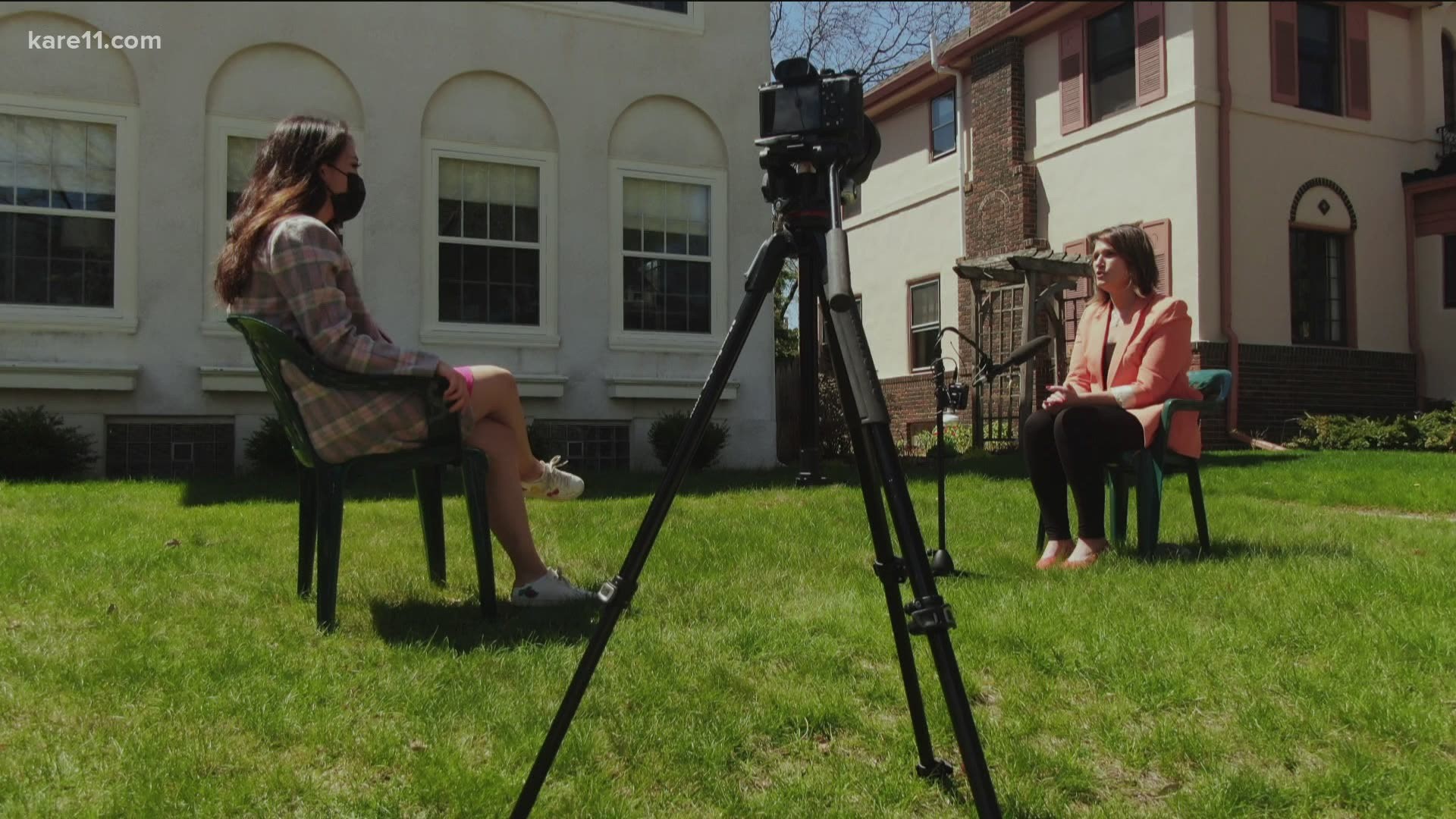MINNEAPOLIS — As more and more people are receiving their COVID-19 vaccines, there's a growing discussion about the kinds of side effects people are experiencing.
"The most common side effect we see certainly after our first shot is some soreness at the site of the injection," University of Minnesota associate professor of Pediatrics and Bioethics, Dr. Jennifer Needle said. "And that's usually really short lived. Most people are having some symptoms after the second vaccine, which is not surprising. It tells you your immune system is responding to the vaccine itself. Most people are having some muscle soreness, kind of a low-grade fever and overall not feeling great."
Dr. Needle explained that even though the COVID-19 vaccines are made with Messenger RNA, or mRNA, rather than a weakened version of the coronavirus, she said triggering an immune response is the vaccine's intention.
"It's activating your immune system, you don't need the virus itself to activate the immune system," she said. "While no one wants to have muscle soreness or low grade fever, definitely no one wants to have COVID. And we have to look at it as the side effects as your body doing its job and the vaccine working."
She said if symptoms persist or it's causing difficulty eating or drinking, you should call your doctor.
"I think if you have a high fever that's preventing you from eating and drinking and there's concern you may be getting dehydrated, if you are vomiting, if you have diarrhea or anything significant for more than 24-48 hours, it's probably wise to let your doctor know to make sure there isn't anything they need to do," she explained. "But most people have said even those with significant side effects, it's a short lived sense of not feeling well."
She said right now with the vaccine rollout, researchers are busy collecting data about how different people are reacting to the different shots. She said this is just the beginning of this research.
"I think what we have learned from COVID is that we haven't learned as much as we need to," she said. "And I think it's going to be years from now, when we finally start to understand-- why are certain people more likely to be sick from COVID?"
"Because the next pandemic may just be down the road," she continued "And a better understanding on our part of viruses, and vaccine science can only help us the next time we have to deal with this."

